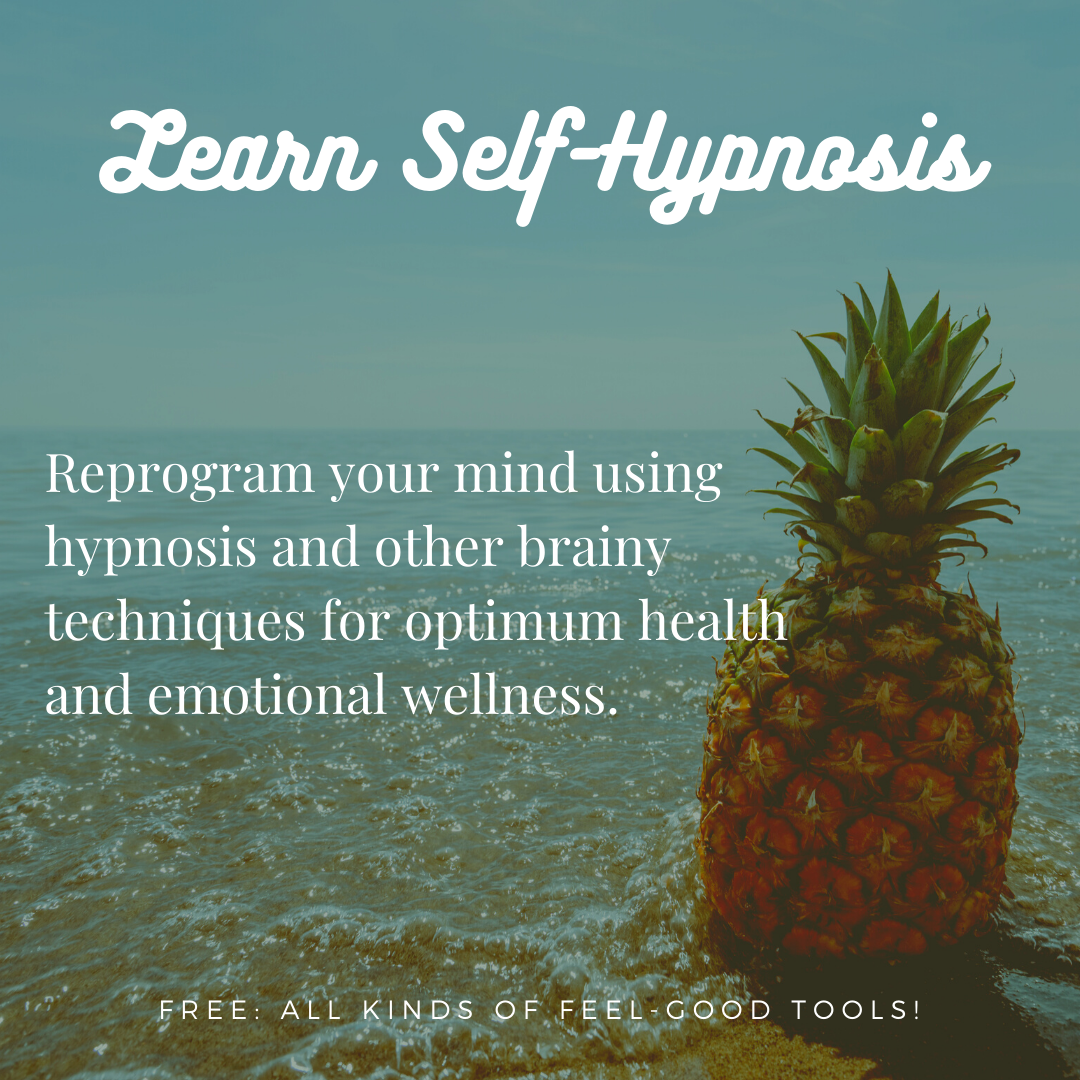What Does Stress Have To Do With It?
What does stress have to do with it? Stress sucks. Stress is pain, a supervillain possessing the power to reduce your immune system, increase blood pressure and heartrate, increase shallow breathing, cause intense perspiration, cause sleeplessness (insomnia), cause chest pain, angry outbursts, depression and anxiety. It can lead to over/undereating, alcohol and drug abuse. What does stress do? Ultimately, if not managed properly, chronic stress does a lot of damage to the body and mind.
What does stress have to do with it?There is a psychological definition of stress. According to Psychology Today, stress is the psychological perception of pressure on the one hand, and the body’s response to it, on the other, which involves multiple systems, from metabolism to muscles to memory. It’s a state of mental or emotional strain or tension resulting from adverse or very demanding circumstances. |
From a positive perspective, stress can heighten awareness and increase performance. Think of stepping out on to a game field or preparing for an exam. Negative stress makes me want to run away and never stop running. Some examples include the feeling you get when you don’t have enough money to pay bills, when a family member dies, or having to work for an unreasonable boss.
From personal experience, I’m ashamed to admit that stress has caused me to have panic attacks, chain smoke, smash furniture, drink alcohol, and binge eat. These are just a few of the possible manifestations of stress. Stress can affect relationships.
What does stress have to do with it? Unfortunately, it’s a renewable “resource.” There is no shortage of stress. It will always exist. There is no running from it. The great news is that it can be managed effectively. We have the power to learn to mitigate its effects. There is hope!
You may have to consult a professional therapist to address your sources of stress – there is no shame in doing so. Exercise, meditation, yoga and deep breathing can also be added to your arsenal. If you are a spiritual or religious person, turn to these resources. Let’s not forget the power of Hypnotherapy too! You’ve come to the best place for that…
What Does Stress Have To Do With It?
How to cope
|
There are a number of ways we can cope with stress. We must first accept the fact that stress will always be a part of everyone's life. As I’ve said before, stress is a renewable “resource.” Once we accept this, it can be compartmentalized, thus reducing its power.
I know there will be many of you rolling your eyes when you hear this, but the next step in coping with stress is to focus on your breath and engage in deep breathing. However, this alone is not enough. We must also focus on the way we are breathing. |
If you are stressed, you will have shallow breathing with your upper body moving as you breath. The goal should be to engage in what’s called diaphragmatic breathing. This is a form of deep, slow and deliberate breathing emanating from your stomach region, not your upper body. The good news is that this form of breathing can be done sitting or laying down. It lowers your heartrate and stabilizes blood pressure. It allows more air into your lungs. It’s portable, too! We all have to breath wherever we may be!
Start by sitting comfortably or laying down on your back with knees bent. Place one hand on your stomach and the other on your chest. Now breathe in slowly through your nose, letting the air in towards your belly. The hand on your belly should rise while the hand on your chest remains stationary. Now exhale through pursed lips allowing your belly to fall on the exhale. That’s it! Take comfort in the fact that you are now taking an active role in conquering your stress instead of being a victim of its power.
In addition to diaphragmatic breathing you can cope with stress through exercise, improved diet, reducing alcohol consumption, reducing stimulant consumption (nicotine, sugar, caffeine), and even by changing your environment. Experience nature and focus on the beauty of a fresh snowfall, the sound of a flowing river or songbirds, the smell of a pine forest – you get the picture. Turn on some relaxing music while seated in a quiet room and close your eyes. Snuggle with a pet.
|
- Running like a world class sprinter and ricocheting off of trees, boulders, and people – then continuing your “run” until bouncing off of the next target.
- Eating an entire side of beef, 2 packages of cheese, a jar of mayo, and a packet of powdered gravy – washed down with heavy cream.
- Acting like the Incredible Hulk’s twin brother – the angry one.
- Blasting heavy metal music while screaming at the heavens.
- Drinking until major liquor distributors are willing to cut you off.
You get the picture.
Relaxation techniques are designed to deliver peace and calm to your
mind and body – naturally. They require
your commitment and direct involvement.
Essentially, you flip the switch from being controlled by stress,
anxiety, worry and depression to playing an active role in achieving the
state of relaxation.
The following steps should be taken to employ relaxation techniques:
- Recognize you are in need of relaxation.
- Stop whatever you're doing and be still (envision that red stop sign).
- If possible, find a quiet place. If you are at work and unable to do this, assure yourself that you will focus on these steps at lunchtime, when you are more likely to find a quiet place or listen to gentle music with noise cancellation headphones. You can create your sanctuary in your mind.
- Engage in diaphragmatic breathing (remember, one hand on your stomach and the other on your chest) – breath so that the hand on your stomach moves while the hand on your chest remains stationary.
- If you are carrying a lot of pent up, nervous energy, plan a vigorous walk to release it.
- Cut out or reduce the stimulants: nicotine, caffeine, and sugar.
- Consider joining a gym or yoga class to attend on your lunch hour, before or after work.
- Meditate.
- Embrace nature. Observe the birds and listen to their songs. Find a small stream or sit by the ocean and smell the air.
- Sit quietly with your pets and let them work their magic on you.
- If it’s part of your life, pray and harness the power of your spiritual being.
- Shut off the darn electronics and stay off of social media – especially before bedtime!!
- Limit your exposure to news outlets.
- Try Hypnotherapy!
What does stress have to do with it? A lot! But, you can start managing it today. Here’s to your peace of mind and body:)


